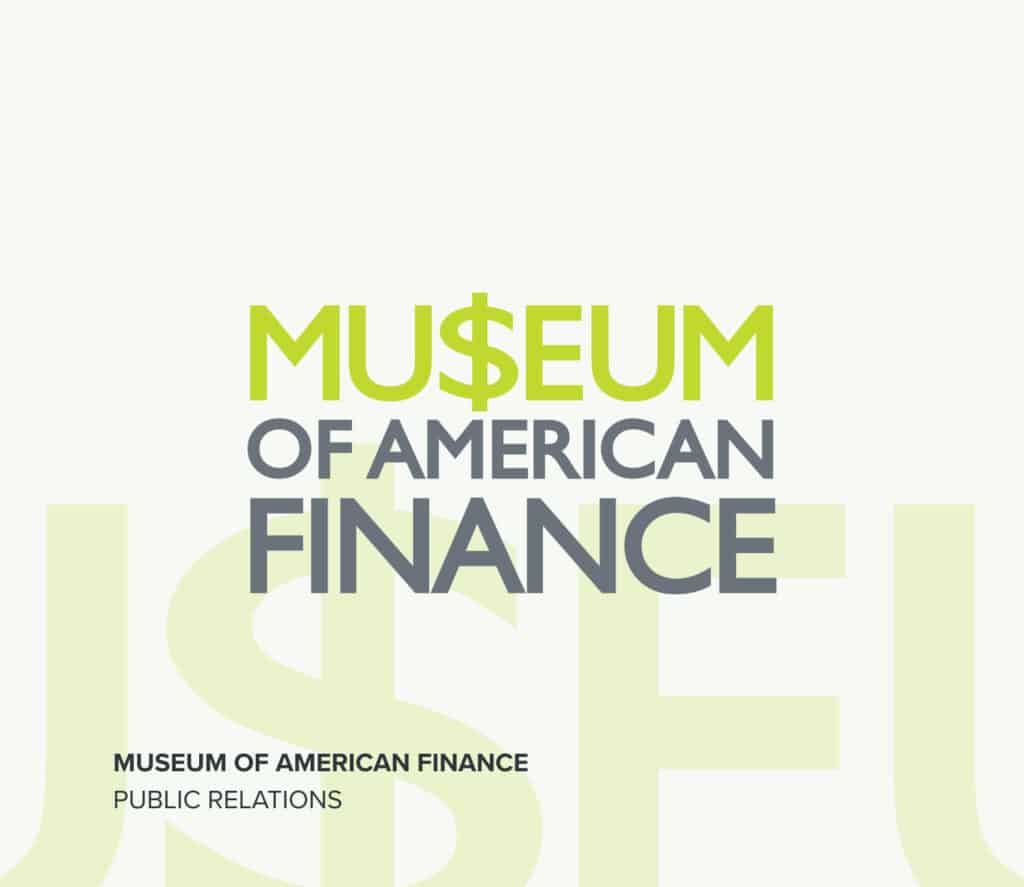Economic impact of Afghanistan, Olympics viewership declines, and FT releases their list for books of the year.
Economic Impact of Afghanistan: The Taliban’s rise to power in Afghanistan after the United States’ decision to withdraw troops from the region is not only raising questions about stability in the Middle East, but also leaving U.S. financial markets in a state of unpredictability. Market Watch gives us a live look at Dow Jones Industrial Average, Nasdaq Composite Index and more. While this gives us a snapshot of the impact these events will financially have on a global scale, economists believe that it does not give us a clear idea of the long term impact.
Olympic Viewership Declines: The Olympics has often been a time for patriotism and the opportunity for Americans to rally together behind their team; however, this year’s games were the least-watched in decades. Advertisers don’t seem to care. As viewership declines, brands are still paying top-dollar for TV spots. The Economist explores the perplexing dynamic.
FT Reading List: It’s almost impossible to not be consumed by news about the pandemic, climate change, and other world-wide crises — which is why the FT has put together a fittingly apocalyptic annual reading list. This year’s long list for the Financial Times and McKinsey Business Book of the Year Award includes Gregory Zuckerman’s forthcoming ‘A Shot to Save the World,’ an analysis of the progress of the pandemic entered this year; and ‘The New Climate War,’ by climatologist Michael Mann, which looks at “inactivists” holding back the essential work to slow and reverse climate change and makes the case for systemic measures to combat the global problem; among others.
Student Loan Crisis: President Lyndon B. Johnson created the student loan system in the 60s to solve racial and income inequality as part of his “war on poverty.” However, a senator who took a critical look at the structure in the early ‘90s — and was largely dismissed — is finally being heard. Business Insider gets a sneak peak into a new book by The Wall Street Journal’s Josh Mitchell, “The Debt Trap,” which details how former Democratic Sen. Samuel Nunn’s liaison counsel compiled a report that detailed abuses of the student-loan system and for-profit schools, demonstrating a major conflict of interest in the way student loans were handled: schools were the biggest beneficiaries of the system they were regulating.


